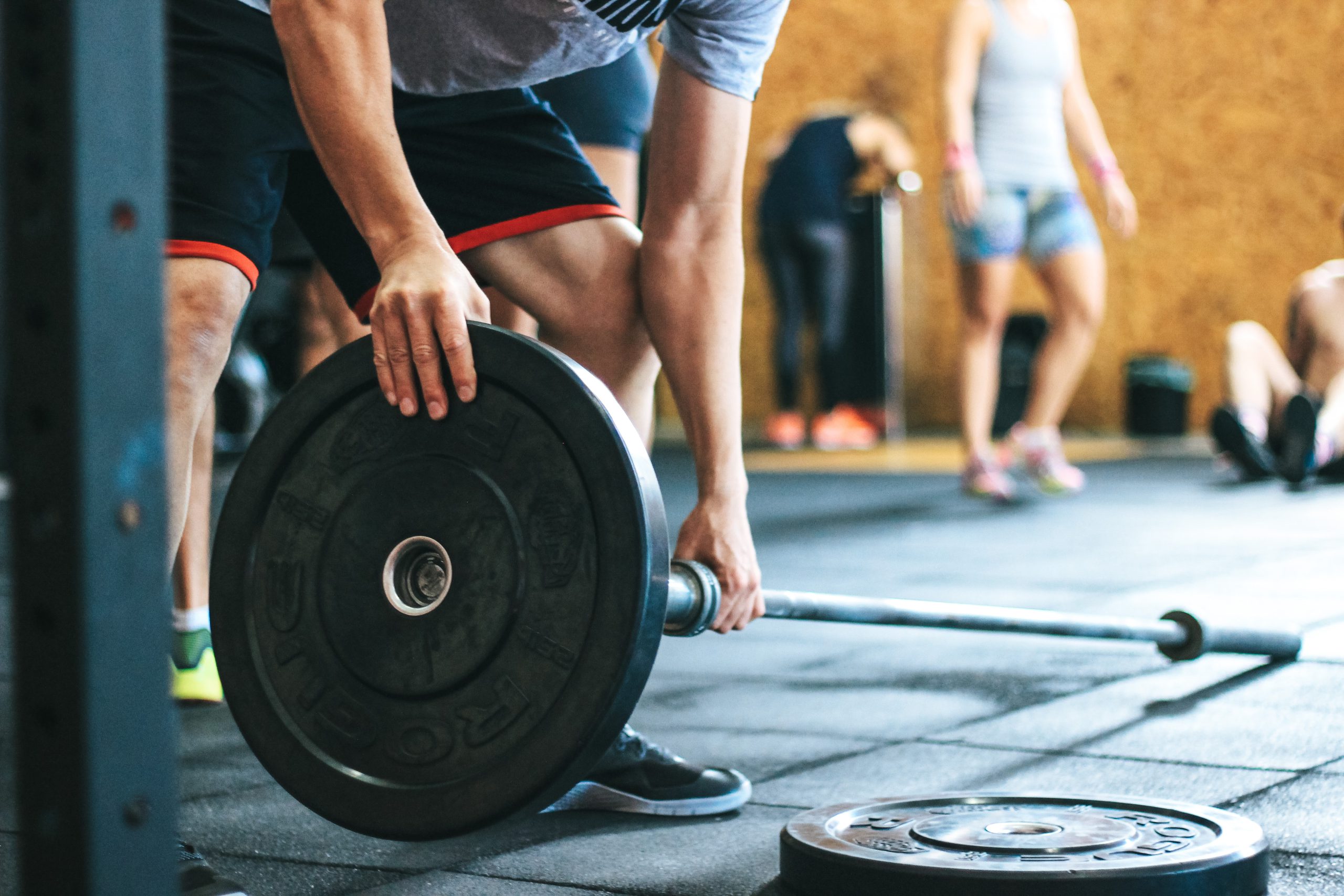Muscle growth, also known as hypertrophy, is the process by which muscle fibres increase in size and strength. This process is essential for those looking to improve their fitness and achieve their goals, whether it's to increase muscle mass, improve athletic performance, or simply look and feel better. But what exactly is the science behind muscle growth, and how can we maximize our results?
To understand muscle growth, it's important to first understand the structure of muscle fibres. Muscle fibres are made up of protein, specifically, myofibrils, which are responsible for muscle contraction. When a muscle is subjected to stress, such as weightlifting or resistance training, the myofibrils experience small tears. These tears trigger the body's repair process, where it sends amino acids to the muscle to repair and rebuild the myofibrils. The rebuilding process results in an increase in muscle size and strength.
The process of muscle growth is triggered by a combination of mechanical tension, muscle damage, and metabolic stress. Mechanical tension is the force placed on the muscle during exercise, such as weightlifting. Muscle damage is the microscopic tearing of the muscle fibres that occurs during exercise. Metabolic stress is the accumulation of metabolic byproducts, such as lactic acid, during exercise that leads to muscle fatigue. All three of these factors must be present for muscle growth to occur.
How to Maximise Your Results
Progressive Overload
To maximize muscle growth, it's important to engage in progressive overload, which is the gradual increase in the weight or resistance placed on the muscle. This is important because the muscle will adapt to the stress placed on it, so it's important to continually increase the stress to continue to see results.
Proper Nutrition
Another important factor in maximizing muscle growth is proper nutrition. Adequate protein intake is essential for muscle growth, as protein is the building block of muscle. It's recommended to consume 1.6-2.2 grams of protein per kilogram of body weight per day for optimal muscle growth. In addition to protein, it's important to consume enough carbohydrates and healthy fats to provide energy for the muscle to repair and rebuild.
Note: You can refer to our "The Role of Nutrition in Achieving Your Fitness Goals" to further understand the importance of Nutrition in your overall fitness journey.
Rest and Recovery
Rest and recovery are also crucial for muscle growth. During rest and recovery, the body repairs and rebuilds the muscle fibres that were damaged during exercise. Adequate sleep, as well as proper stretching and foam rolling, can also aid in the recovery process. Additionally, active recovery techniques such as yoga or light cardio can also help to increase blood flow and reduce muscle soreness.
Types of Exercises
Another important aspect to consider is the type of exercise you choose. Compound exercises, such as squats and deadlifts, are great for muscle growth as they work for multiple muscle groups at once. Isolation exercises, such as bicep curls, can also be included in your routine but should not be the main focus. A well-rounded routine that includes a mix of compound and isolation exercises will be more effective for muscle growth.
Muscle-Building is for Everyone
It's also important to note that muscle growth is not just for men, women can also benefit from building muscle. Many women may have the misconception that weightlifting will make them bulky, but in reality, muscle growth is a slow process and it's difficult to achieve a bulky physique without the help of steroids or other performance-enhancing drugs. Building muscle can also help to improve bone density, reduce the risk of injury, and improve overall health and fitness.
In conclusion, muscle growth is a complex process that is triggered by a combination of mechanical tension, muscle damage, and metabolic stress. To maximize muscle growth, it's important to engage in progressive overload, consume an adequate amount of protein, and prioritize rest and recovery. A well-rounded exercise routine that includes a mix of compound and isolation exercises, proper nutrition, and adequate sleep can help to ensure that you see the results you desire. Remember, muscle growth is a gradual process, and consistency and patience are key. With hard work and dedication, you can achieve your muscle-building goals.
